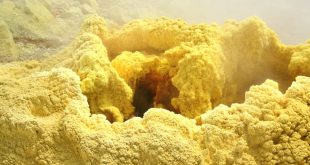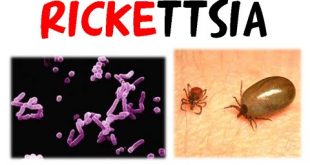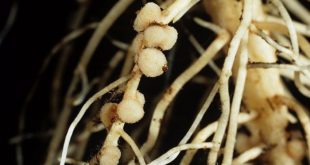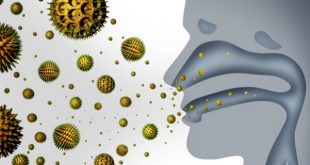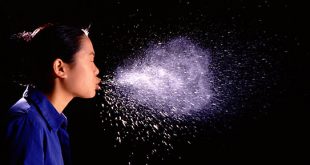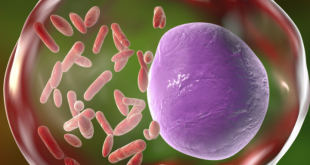The sulfur cycle is the collection of processes by which sulfur moves between rocks, waterways and living systems. Such biogeochemical cycles are important in geology because they affect many minerals. Biochemical cycles are also important for life because sulfur is an essential element, being a constituent of many proteins and cofactors, and sulfur compounds can be used as oxidants or reductants in …
Read More »Rickettsia: The Disease Causing Bacteria (Part-2)
Rickettsias are mainly known for their disease-causing capability. These micro-organisms can cause a great variety of diseases in different flora and fauna; especially in human. Rickettsiosis is a disease caused by intracellular bacteria. It’s a type of infectious disease. Rickettsiosis can be divided mainly in two groups: Spotted fever group …
Read More »Nitrogen Fixation & Root Nodule Formation
Nitrogen fixation is a process by which molecular nitrogen in the air is converted into ammonia (NH3) or related nitrogenous compounds in soil. Atmospheric nitrogen is a relatively nonreactive molecule that is metabolically useless to all but a few microorganisms. Biological nitrogen fixation converts N2 into ammonia, which is metabolized by …
Read More »Nitrogen Cycle: Converting Nitrogen into Multiple Chemical Forms
The nitrogen cycle is the biogeochemical cycle by which nitrogen is converted into multiple chemical forms as it circulates among the atmosphere, terrestrial, and marine ecosystems. The conversion of nitrogen can be carried out through both biological and physical processes. Important processes in the nitrogen cycle include fixation, ammonification, nitrification, …
Read More »Distribution and Sources of Air Microbes
Distribution of Microbes in Air No microbes are indigenous to the atmosphere rather they represent allochthonous populations transported from aquatic and terrestrial habitats into the atmosphere. Microbes of air within 300-1,000 or more feet of the earth’s surface are the organisms of soil that have become attached to fragments of …
Read More »Microbiology of Air
Aeromicrobiology is the study of living microbes which are suspended in the air. These microbes are referred to as bioaerosols. Though there are significantly less atmospheric microorganisms than there are in oceans and in soil, there is still a large enough number that they can affect the atmosphere (like they …
Read More »Rickettsia: The Disease Causing Bacteria (Part-1)
‘Rickettsia’ is a genus of non-motile, gram-negative, non spore-forming, highly pleomorphic bacteria that may occur in the forms of cocci, rods, or threads. The term ‘rickettsia’ has nothing to do with ‘rickets’, which is a deficiency disease resulting from lack of vitamin D; the bacterial genus ‘Rickettsia’ was named after Howard Taylor …
Read More » Plantlet The Blogging Platform of Department of Botany, University of Dhaka
Plantlet The Blogging Platform of Department of Botany, University of Dhaka
